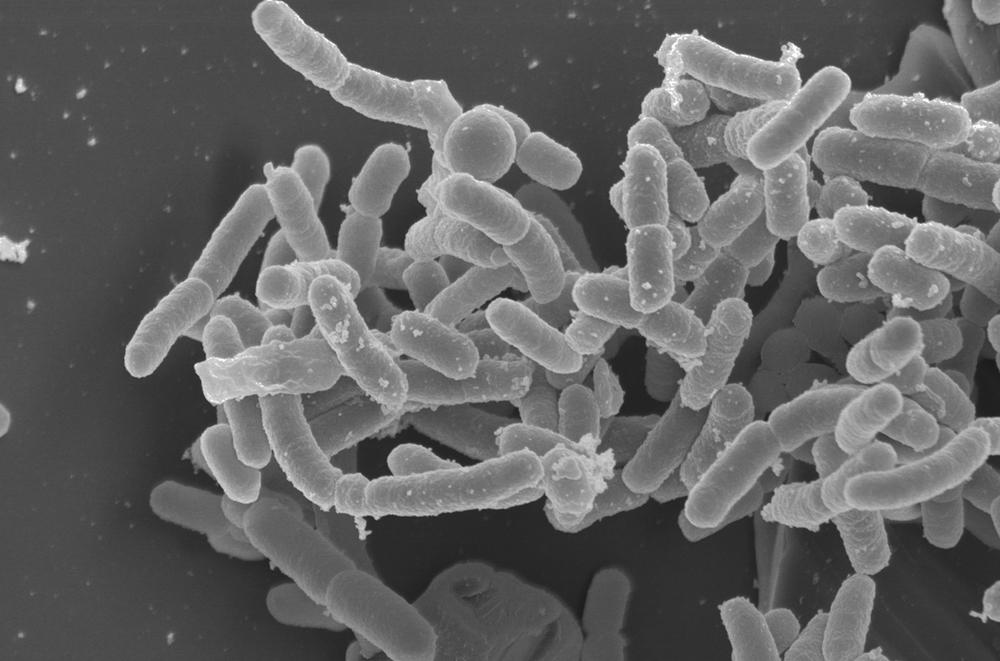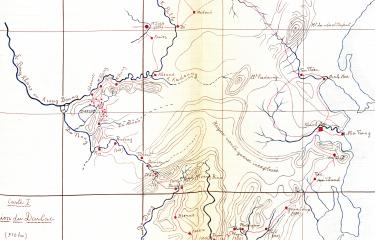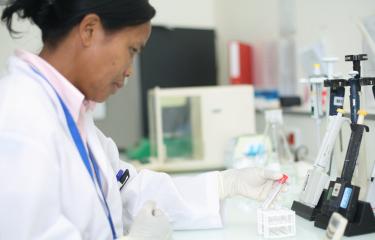An outbreak of pneumonic plague has been ongoing in Madagascar for several weeks. As indicated on the World Health Organization (WHO) website, "based on the available information to date, the risk of international spread of plague appears very low." WHO therefore advises against imposing any travel or trade restrictions on Madagascar. Here are some advice from the Institut Pasteur Medical Center.
Pneumonic plague is a rare form of plague which is characterized by severe respiratory distress, high fever and hemoptysis (coughing droplets of blood). "It is highly unlikely that we will see any clinical cases of pneumonic plague at the Institut Pasteur in Paris," explains Dr. Paul-Henri Consigny, Head of the Institut Pasteur Medical Center. "This is because the first symptoms develop fairly quickly, from a few hours to a few days after contamination, depending on the form." Patients soon become seriously ill and are therefore treated very quickly. But France has been prepared since the start of the outbreak in the event that a case is reported in the country.
Before traveling to Madagascar
The Institut Pasteur Medical Center offers consultations for travelers before they set off to explain the usual health risks they may encounter on the island of Madagascar (malaria, schistosomiasis, travelers' diarrhea, etc.). To date (October 12, 2017), the Medical Center has no specific guidelines for travelers concerning the plague outbreak other than those issued by WHO, which does not recommend any travel or trade restrictions on Madagascar.
Preparing to travel to Madagascar (page in French)
WHO advice for international travelers (page in French)
Coming back from Madagascar
There is no need to consult a physician if you have no symptoms. If you fall ill after returning from Madagascar, you can make an appointment with the Institut Pasteur Medical Center. It is a good idea to telephone first so that the Medical Center can advise you on the appropriate course of action – whether to make an appointment with the center itself or contact the emergency services directly if it is suspected that you may have pneumonic plague. Front-line health care workers in France are well prepared to receive patients presenting the symptoms associated with plague (see our "plague" report which explains how the National Reference Center for Plague and other Yersinia Infections, based at the Institut Pasteur, has been involved in updating an information sheet for the ambulance service and front-line health care workers).
Medical consultation – travel medicine (page in French)

"Plague" fact sheet from the Institut Pasteur
For more information, please visit





